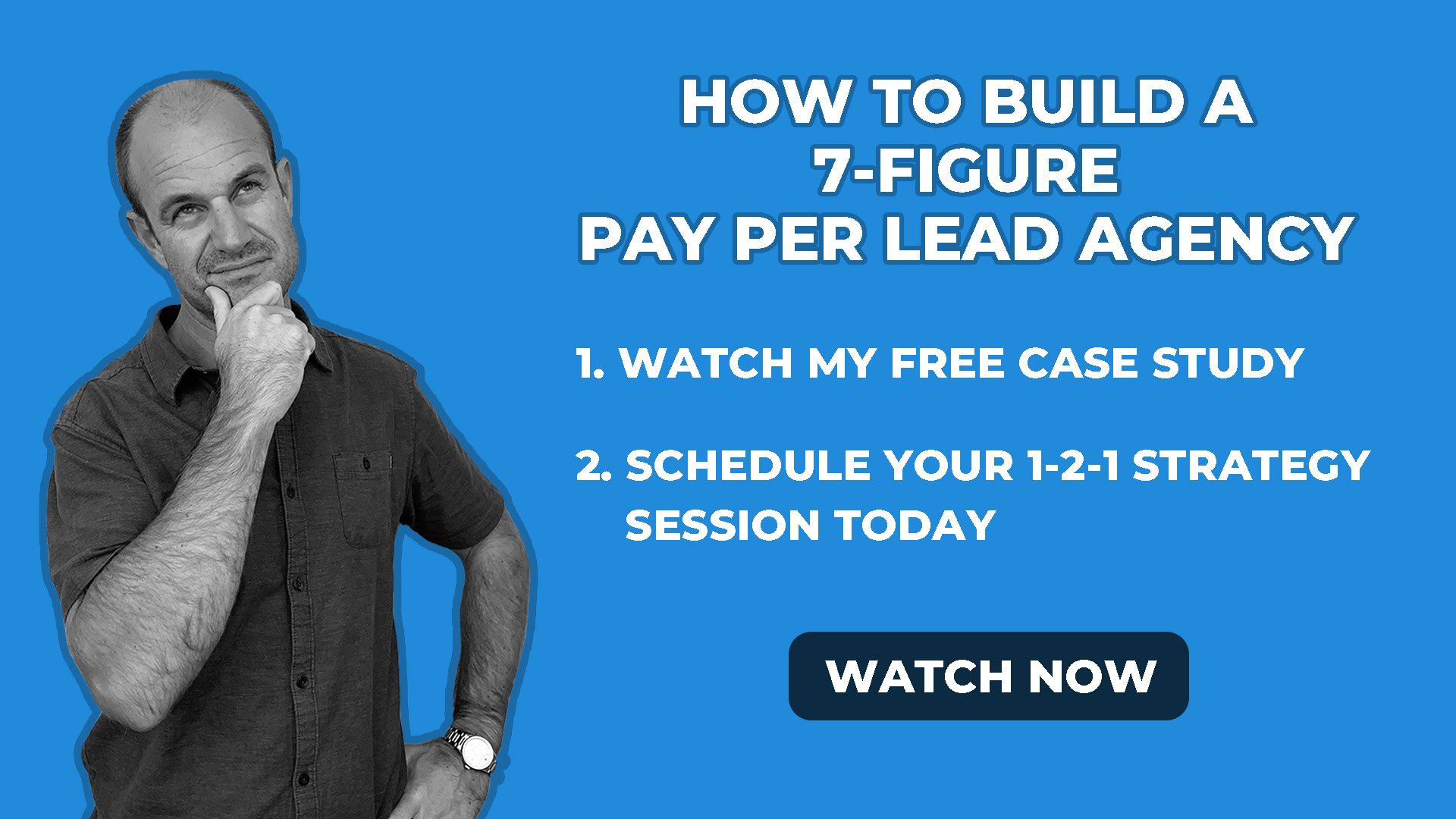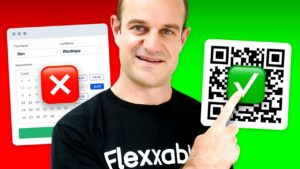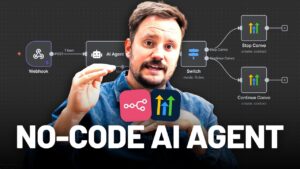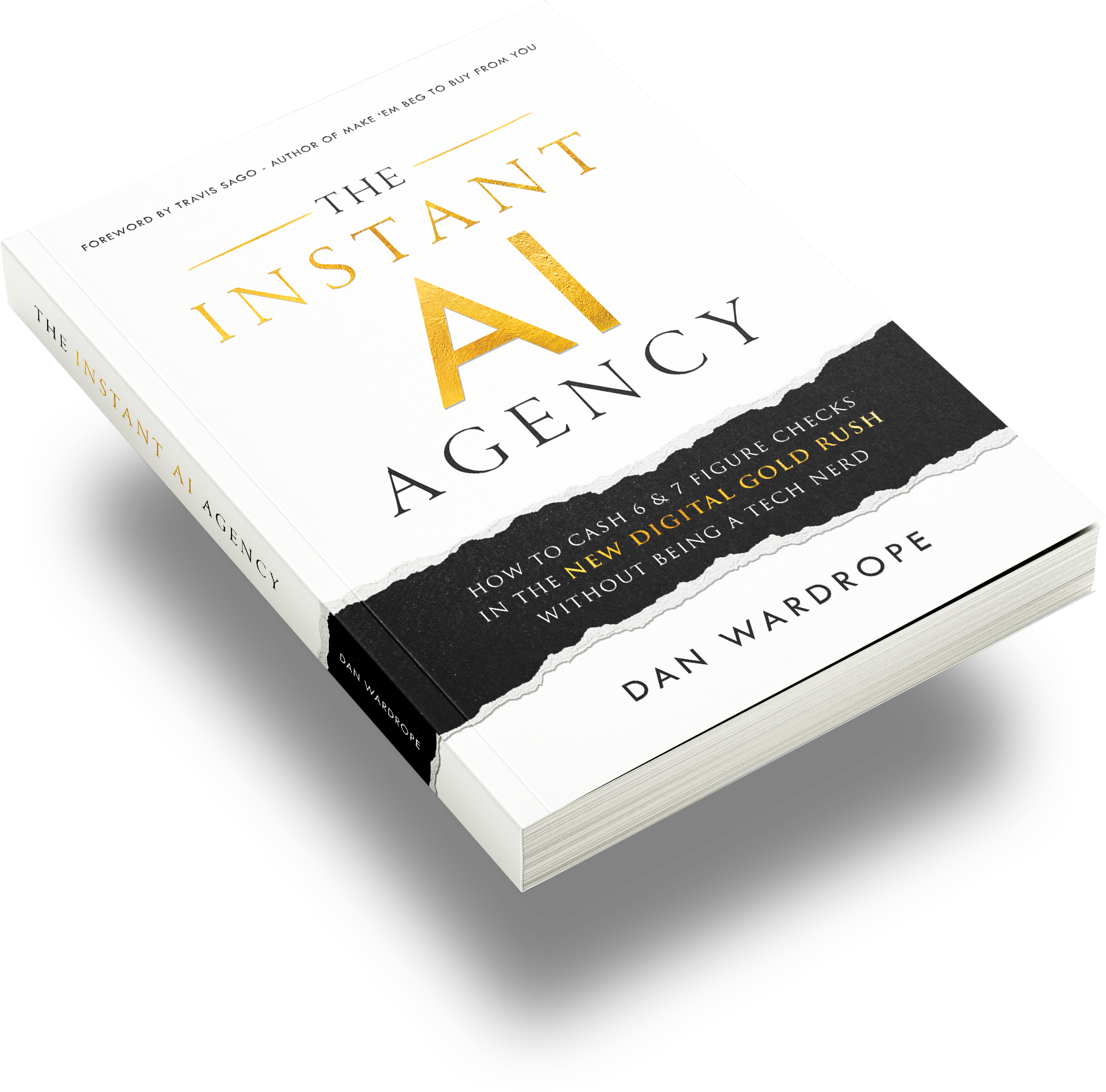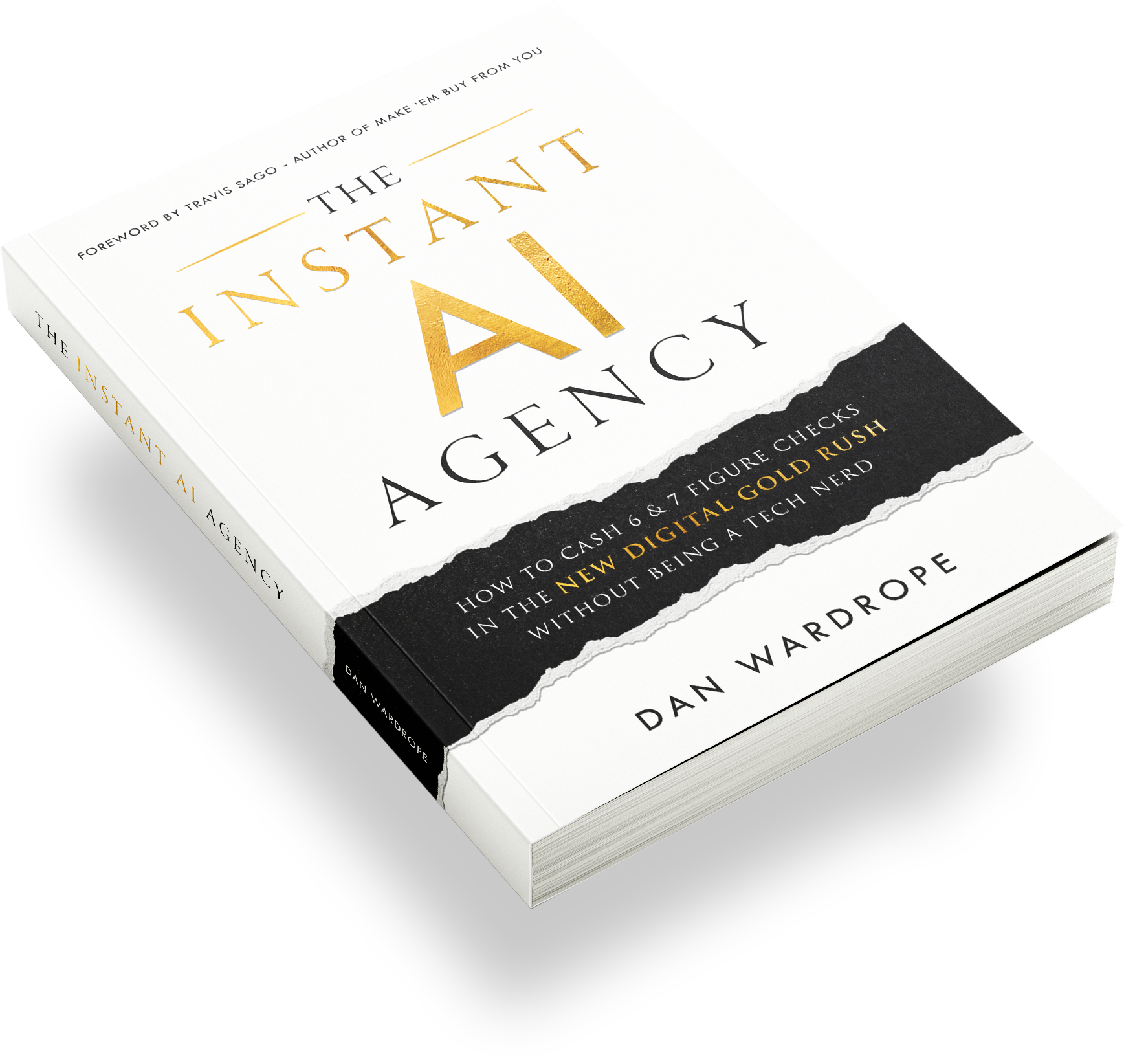Have You Seen The Great Hack on Netflix?
“I’m terrified.”
“It’s enough to put you off Facebook forever.”
“I’m officially angry and scared, oh sh*t”.
These are just a few of the sentiments on social media after Netflix released The Great Hack.
I’m in Greece at the moment (and having the best time), so I’ve had the chance to catch up with the latest Netflix blockbusters.
The Great Hack is a documentary from award-winning filmmakers Karin Amer and Jehane Noujaim. It delves into the murky world of mass data exploitation during the earth-shattering Cambridge Analytica scandal.
In early 2018, it was revealed that analytics giant, Cambridge Analytica, had harvested millions of people’s data from their Facebook accounts without their consent. They then used that information for political advertising purposes.
For years, Cambridge Analytica dripped propaganda into newsfeeds. The results violently swayed the public view towards Trump’s presidential candidacy and the UK Brexit campaign.
The Guardian’s Harry Davies first reported Cambridge Analytica’s data mining in 2015. In response, Facebook offered the rather limp answer “we’re investigating”. The Swedish publication Das Magazin made further reports in 2016, then The Guardian again in 2017, along with The Intercept, also in 2017.
Everything came to a head in March 2018, when an ex-Cambridge Analytica employee, Brittany Kaisar, came forward as a whistleblower.
And back to the now. Just as visitors have put their distrust of Facebook on hold (though the scandal is neither forgiven nor forgotten), Netflix’s new documentary has whipped up a fresh storm.
The Ethics of Using Data To Sway Thought
As heavy users of Facebook’s Business Manager, are we marketers part of the problem? Cambridge Analytica capitalised on the digital infrastructure to twist political opinions worldwide. We use that exact same infrastructure to sell mortgages, super-fast broadband and car insurance.
With every click of a button and tap on a screen, consumers are giving multiple algorithms vital clues on the kind of ads they’ll receive.
Algorithms have saved millions of hours and dollars for marketers, but they’re artificial intelligence. They don’t have any deep philosophies or moral compasses. An algorithm’s principal task is to put different ads in front of the right sort of people at the right time.
Whether we acknowledge it or not, adverts do change the way that people think. Brands showing ads multiple times to the same user are designed to change their thought process.
Meanwhile, algorithms are getting smarter, while our understanding of them remains relatively small. Marketers upload hundreds of ads with the intention of letting the algorithm “do its thing”.
But what if these algorithms, learn to tap into user vulnerabilities that would be impossible for a human marketer to predict? For example, according to studies, depressed people buy more takeaway food (Forbes.com). Any marketer knows that they’re not allowed to target depressed people. But an algorithm “just doing its thing” doesn’t.
If targeting such people is unintentional, does that mean it’s technically ethical? Data isn’t being “stolen”, and no systems are hacked. People volunteer this information freely with every search they make on Google. But it doesn’t mean that mass marketing doesn’t exploit this data, even with good intentions like solving a problem.
It’s something to think about.
Has anybody else watched The Great Hack on Netflix? I’d love to know what you think. Write your thoughts in the comment box below!
Free Training
Flexx Digital is a PPC agency that uses the Pay Per Lead model – no retainer contracts.
If you want to find out more about this Pay Per Lead model, and how we run the business, check out my free case study.
Inside you’ll find how I:
- Severed ties with retainer contracts once and for all
- Moved away from local businesses
- Started working with national B2C companies
- Land high-ticket clients
- Found the verticals we work in
- Consistently generate leads of the highest quality
Click below to watch it now:

